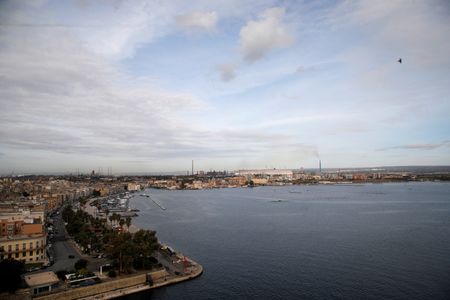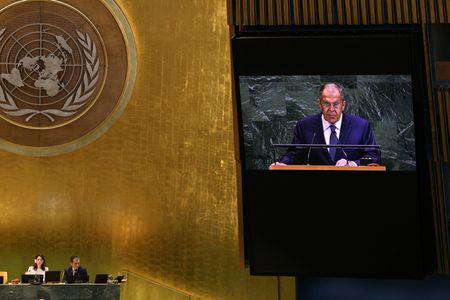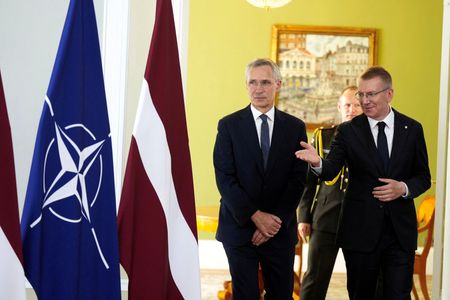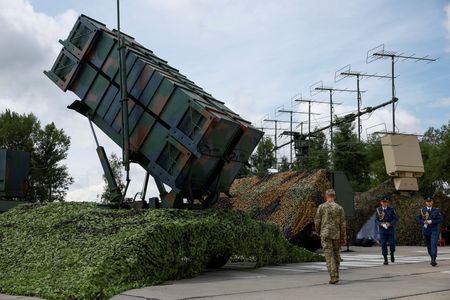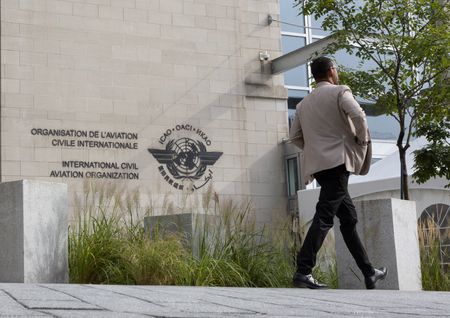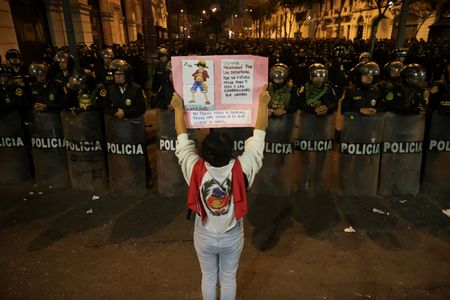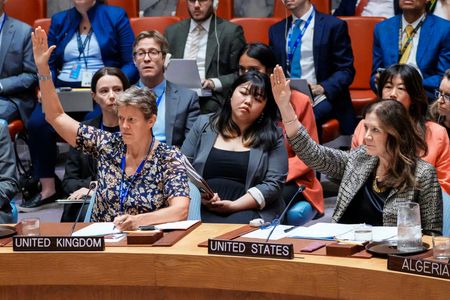ROME (Reuters) -Italy has received 10 bids for the former Ilva steel plant, but only two of the bidders are interested in purchasing all of the company’s assets, national steelmaker Acciaierie d’Italia said in a statement on Saturday.
In a blow to the government, the two groups that were initially frontrunners for the tender, Azerbaijan’s Baku Steel Company working with Azerbaijan Investment Company and India’s Jindal Steel International, have withdrawn.
The two bidders still interested in taking all of Ilva are Bedrock Industries, a privately held U.S. investment company, and a consortium involving the U.S. private equity firm Flacks Group and Slovak steel trader Steel Business Europe.
Eight additional offers, including from Renexia (Toto Group), Industrie Metalli Cardinale and Marcegaglia targeted single assets held by Ilva.
Based in Taranto, Ilva was once Europe’s largest steel plant, but has long been hobbled by poor management and concerns about its environmental impact. It has faced years of financial turmoil, with the state repeatedly injecting funds to keep it afloat, citing its strategic importance.
Italian media said Baku Steel abandoned its investment plans after local opposition would have prevented the deployment of a regasification vessel that was needed for its project to power more environmentally friendly electric furnaces.
Jindal Steel has shifted its focus to Germany’s Thyssenkrupp, which is also on the market.
The latest tender round closed at midnight on Friday. Acciaierie d’Italia said its commissioners would need “an adequate period of time” to examine all the offers, focusing on employment aspects, decarbonisation, and investment amounts to ensure the sustainable development of the plant.
Italy’s metalworkers’ union UILM said in a statement the tender had been “a total failure”, adding that the two investment funds bidding for all of Ilva’s assets lacked industrial credibility.
“To avoid the total closure of the former Ilva and an unprecedented environmental, employment and economic disaster, there is only one way forward: nationalisation,” UILM said.
(Reporting by Crispian Balmer; editing by Barbara Lewis)

